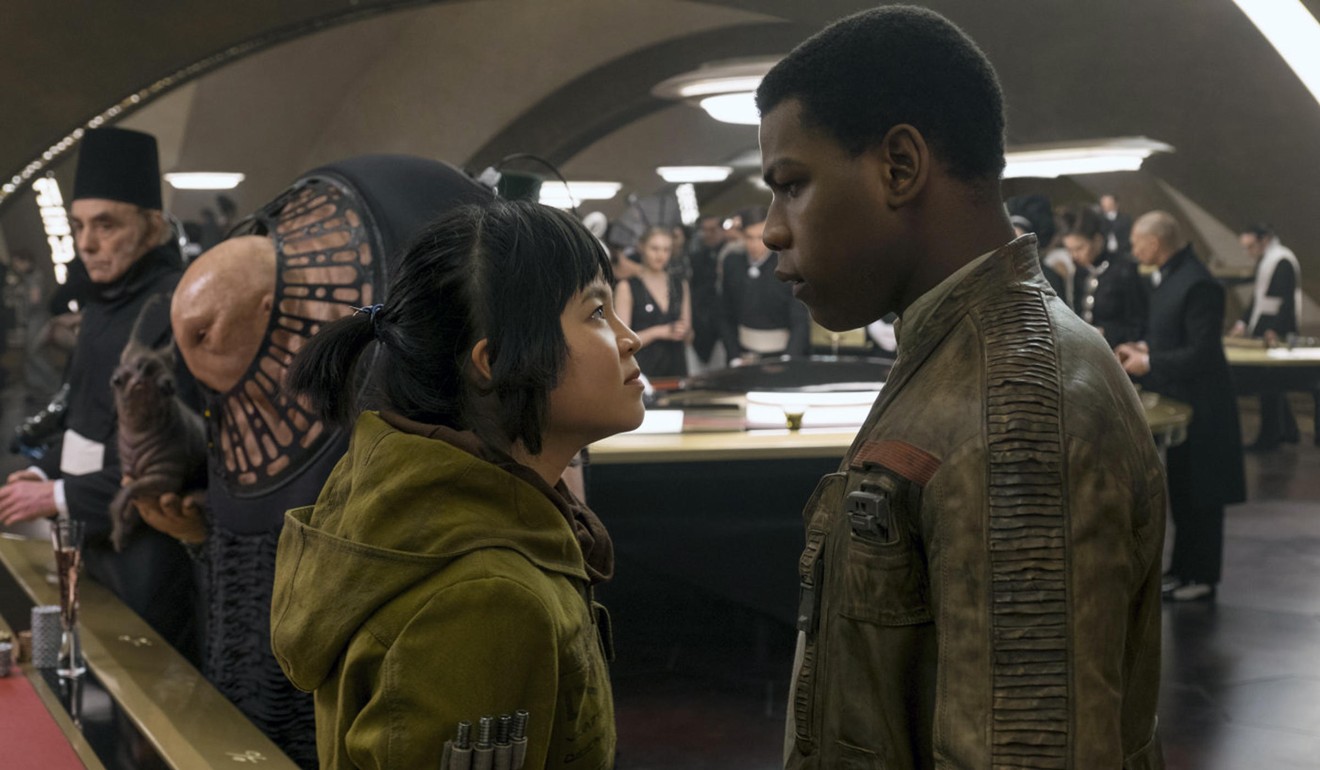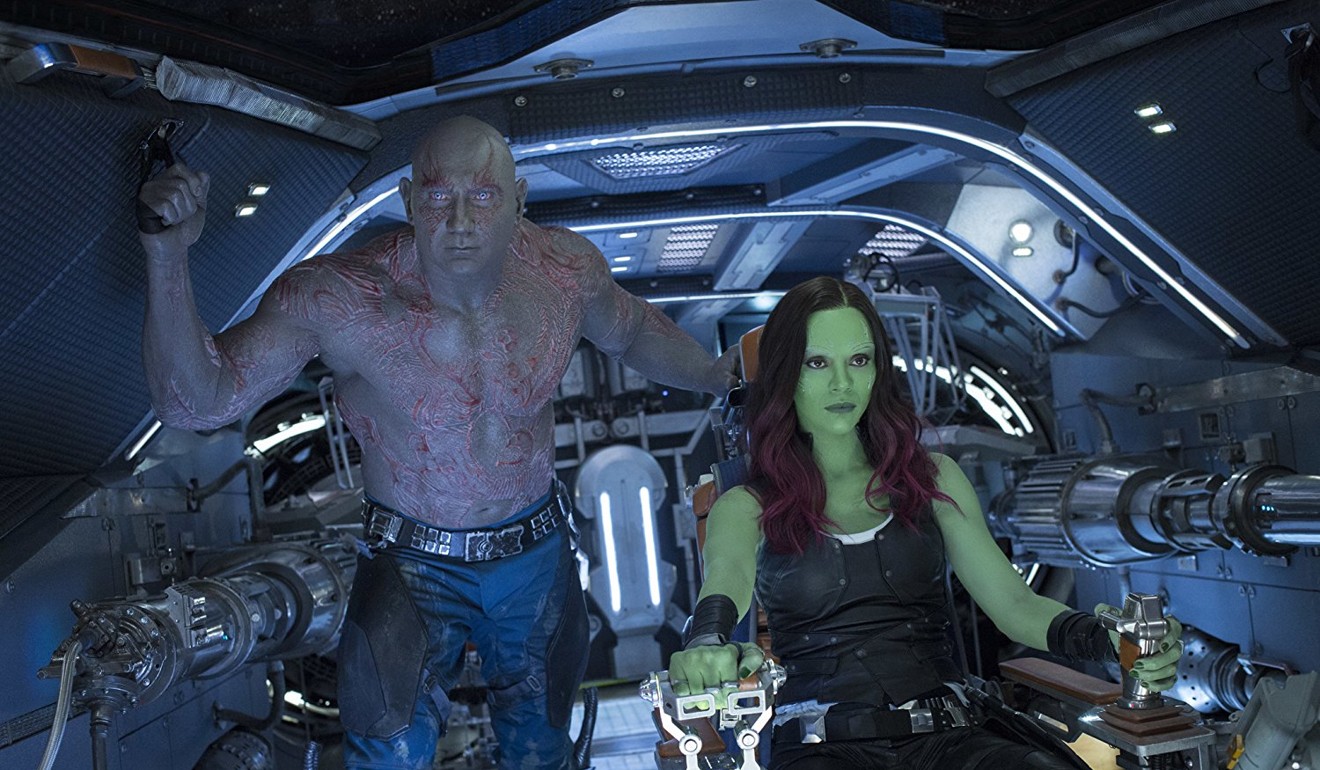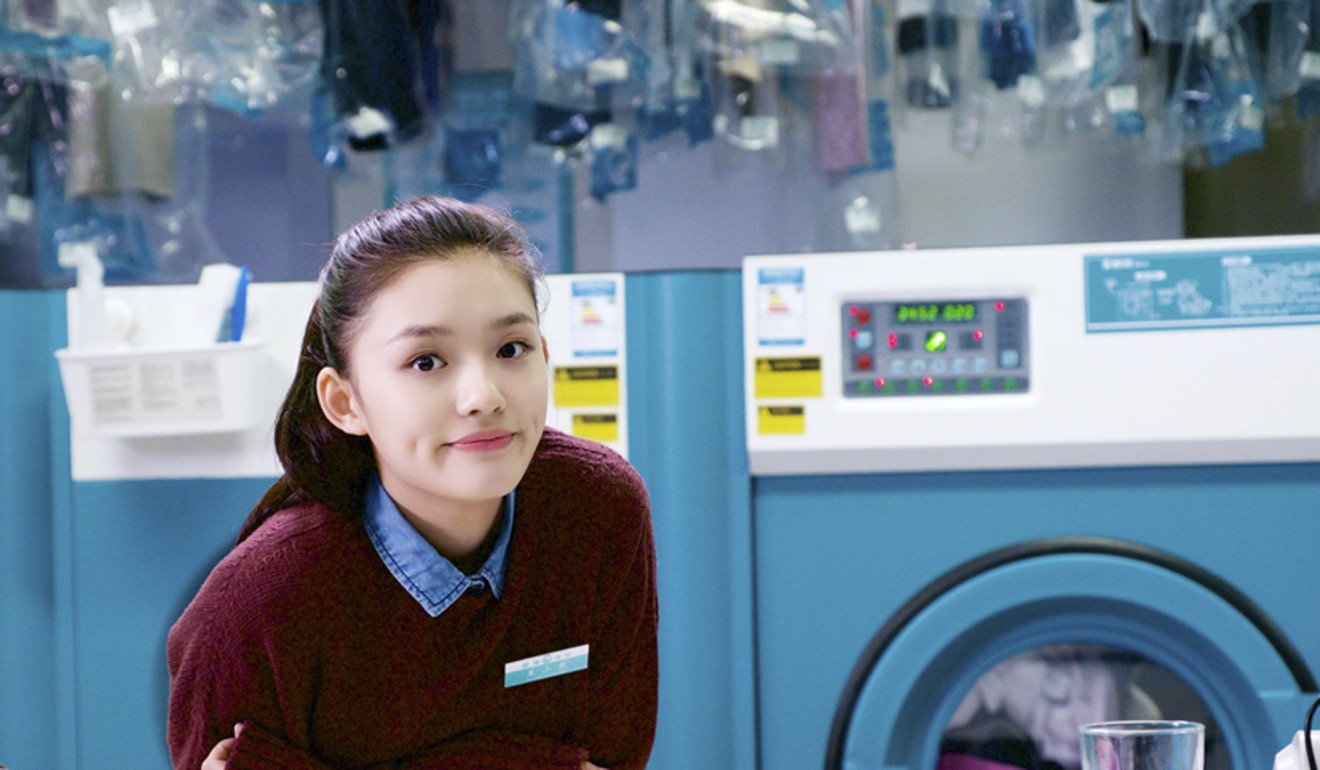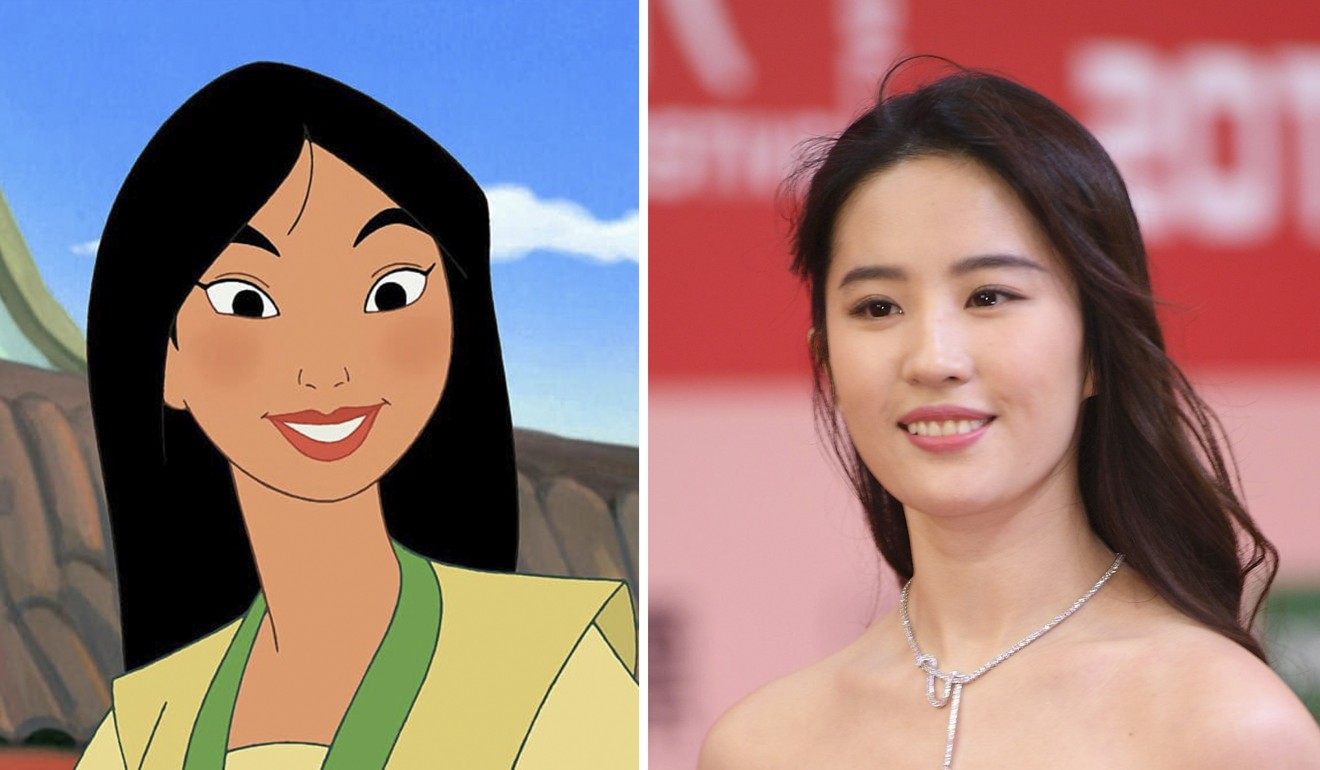
Dismal for Disney: first big China live-action co-production bombs at box office despite its A-list cast
The Dreaming Man, starring Chen Bo-lin and Jelly Lin Yun, was previewed at Cannes and given big billing when it opened in China, but screenings were quickly cut back when the romantic comedy didn’t find an audience
Carnivalesque. All-conquering. Cash-spinning. These are all words one could use to describe Disney, especially now the conglomerate is to become Hollywood’s biggest player with its takeover of the 20th Century Fox film studio. And the numbers bear this out.
Up to mid-December Disney and Fox combined had a 31.4 per cent share of US box office takings in 2017 – a percentage bound to rise further with the release of Star Wars: The Last Jedi.
Meanwhile, in China, Coco is Disney’s buzzword of the month. The Pixar-produced animated film has grossed 900 million yuan (US$136 million) in its first three weeks on release there. This concludes a triumphant year for the Mouse House in China, adding to the whopping 3.8 billion yuan in box office sales for Pirates of the Caribbean: Dead Men Tell No Tales, Beauty and the Beast, Guardians of the Galaxy Vol. 2, Rogue One: A Star Wars Story and Cars 3.

There’s another C-word associated with Disney in China this week, however: cancelled. That’s what happened to screenings of its Chinese-language romantic comedy The Dreaming Man – or at least to the one I tried to attend at a downtown cinema in Shenzhen this week.
Having bought a ticket in advance, I was informed at the doors that the show was scrapped – because the cinema doesn’t unspool a film for an audience of one.

It’s safe to assume I’m not the only one getting a refund. According to film industry research portal CBO, the film was released on December 8, when it accounted for nearly 6 per cent of all screenings across China, but its takings represented just 1.6 per cent of the country’s total gross for the day.
Things got worse as cinemas quickly slashed the film’s share of shows, and by the time I went to Shenzhen the film was already well past the point of no return. Averaging audiences of just four people per screening over the week, the film has taken a mere 5.2 million yuan, a third of what Coco would have generated in a single day during its fourth week on release.
This wasn’t the fate intended for The Dreaming Man. Co-produced by Disney’s Chinese subsidiary and two Shanghai-based companies, the film was unveiled in May at the Cannes Film Festival under the tentative and perhaps foreboding title Miss Taken, as the embodiment of Disney’s commitment to making Chinese-language films set in China with Chinese partners.
Written and directed by the 34-year-old rookie Rebecca Wang Ying, the film was a collaboration between Disney and Wudi Pictures, with whom the US studio has signed a deal to develop further live-action vehicles for the Chinese market.

When the cast and crew of The Dreaming Man sashayed down the red carpet at the Shanghai International Film Festival’s opening ceremony, the on-site announcer was quick to play up the project’s commercial cachet: apart from being Disney’s first locally produced live-action blockbuster, the film also stars two bankable A-listers. Chen Bo-lin mesmerised many with his turns in The Continent and 20 Once Again, while Jelly Lin Yun fronted Stephen Chow Sing-chi’s record-breaking Lunar New Year comedy The Mermaid.
With its Chinese title sounding like a fairy tale – it translates as “If the Prince Has Fallen Asleep” – and promotional posters showing Lin embracing Chen in a flowing dress on either a glowing carousel or a golden pedestal, The Dreaming Man was littered with references to Disney’s princess-driven fantasies like Frozen, a film so popular in China that it has “inspired” a rip-off (the imaginatively titled Enchanted Mirror Romance) and a Winter Olympics anthem that sounds suspiciously similar to the film’s theme song.

The big surprise was that The Dreaming Man shares almost nothing in common with Frozen. The film was in fact a remake of Jon Turteltaub’s 1995 romantic comedy While You Were Sleeping.
Relocating the story from Chicago to China, The Dreaming Man stars Lin as a lonely laundry worker who finds herself mistaken for the fiancée of a comatose hunk and who ends up bickering with and then falling for the unconscious man’s caustic master-chef brother (played by Chen).
While filled with flights of fancy – from the characters’ bohemian lifestyle to their wistful attitudes towards work and love – The Dreaming Man is strangely devoid of the magical fantasy one expects of a Disney movie. Instead, the film resembles a dated take on the genre of hesuipian – the “New Year movie” that places heavy emphasis on earthy comedy, multiple cameos and depictions of festive cuisine.
The Dreaming Man honours, at least in part, Disney’s pledge to make Chinese-language films that gel with Chinese culture. One could argue that Lin’s city-dwelling migrant worker reflects a little bit more of the angst of China’s “low-end” labourers today than Sandra Bullock’s original character, a token collector at a train station, does about Chicago’s working class in the 1990s.

Disney executives will probably need to take stock before continuing their incursions into the Chinese market; apart from the agreement with Wudi Pictures, the studio has also signed a deal with Mini Yang Mi’s Jiaxiang Media to jointly develop Chinese-language projects in the next two years.
Of course, Disney’s attempt to break into the Chinese market in 2018 will be spearheaded by the new, “culturally accurate” Mulan, in which Chinese actress Crystal Liu Yifei has been cast in the title role to much fanfare. As the fate of The Dreaming Man and The Chinese Widow – in which Liu has the lead role – show, genuine localisation takes more than grand gestures and brand loyalty.

